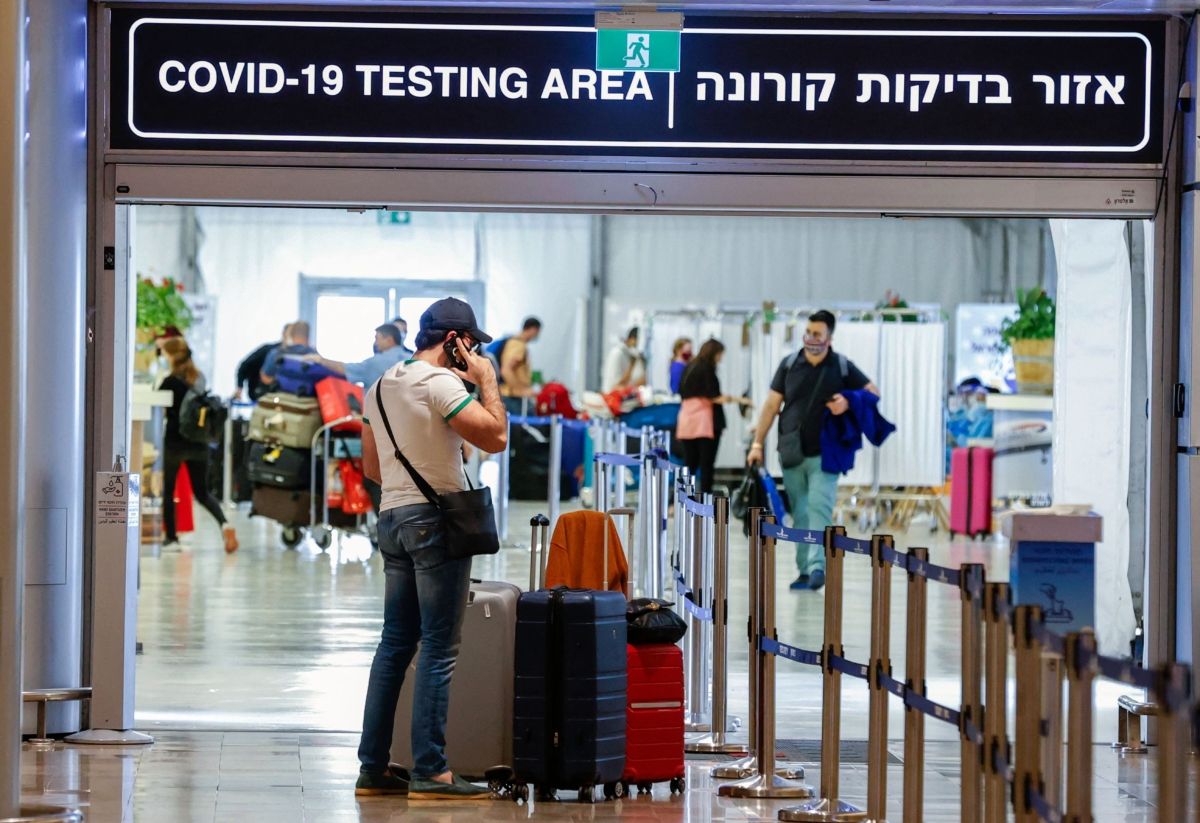The state of Israel has tightened its borders, including an entry ban on foreigners until at least December 22, 2021. According to the Israeli Health Ministry, the ban was extended by ten days to help stop the spread of the new Omicron strain of the coronavirus.
The extension, announced on Thursday, takes effect on Sunday, with the regulations in place until December 22 at the earliest. In the meantime, the government will have to decide if it wants to lengthen the ban further.
Further restrictions could be imposed
According to the Israeli Health Ministry, the decision to ban entry to foreigners was made by Israeli Prime Minister Naftali Bennett and Health Minister Nitzan Horowitz in coordination with health officials and COVID-19 cabinet members. The Health Ministry went on to add that it plans to monitor the situation and could impose further restrictions in the coming days if conditions worsen.
Because of the current situation in Europe and the rapid spread of the Omicron variant, Israel's top public health official, Dr. Sharon Alroy-Preis, proposed putting all of Europe on a red list, effectively banning all travel between Europe and Israel. During the meeting, Prime Minister Bennett said he would look into it more but has not decided whether to ban travel from Europe.
All Israeli citizens returning from travel overseas must undergo a PCR test when they land in Israel, be in quarantine for three days, and then take another PCR test.
Stay informed: Sign up for our daily and weekly aviation news digests.
There was talk of shutting down Ben-Gurion International Airport (TLV)
Earlier on Thursday, the government decided to toughen the country's Green Pass regulations, barring unvaccinated people from several activities. The plan will introduce immediate fines for violators, with instructions passed onto police to begin preparations to enforce the new rules.
During Thursday's meeting, Prime Minister Bennett surprised COVID-19 cabinet colleagues when he suggested that unvaccinated people should be placed in lockdown and that Tel Aviv's Ben-Gurion International Airport (TLV) should be shut down.
Members of the COVID-19 cabinet felt that the restrictions were not justifiable and shot down the Prime Ministers' suggestions. The State Comptroller of Israel, Matanyahu Englman, said that Bennett would need to prove that the moves are necessary before they could be approved by the High Court of Justice.
Stay informed: Sign up for our daily and weekly aviation news digests.
Israel is worried about the Omicron strain of COVID-19
On November 1st, Israel opened its borders to foreigners for the first time in nearly two years, provided they were fully vaccinated for COVID-19. Due to concerns over the Omicron strain, foreigners are currently banned from entering Israel.
On Wednesday, the Israeli Health Ministry announced that anyone infected with the Omicron variant would have to quarantine for 14 days and not the ten days for other strains of COVID-19. During the last three days of the 14 day quarantine period, they must show no symptoms to qualify for a recovery certificate.
As of Monday, the Israeli Health Ministry said there were 21 cases of the Omicron variant in the country.
What do you think about Israel's travel ban on foreigners? Please tell us your thoughts in the comments.



